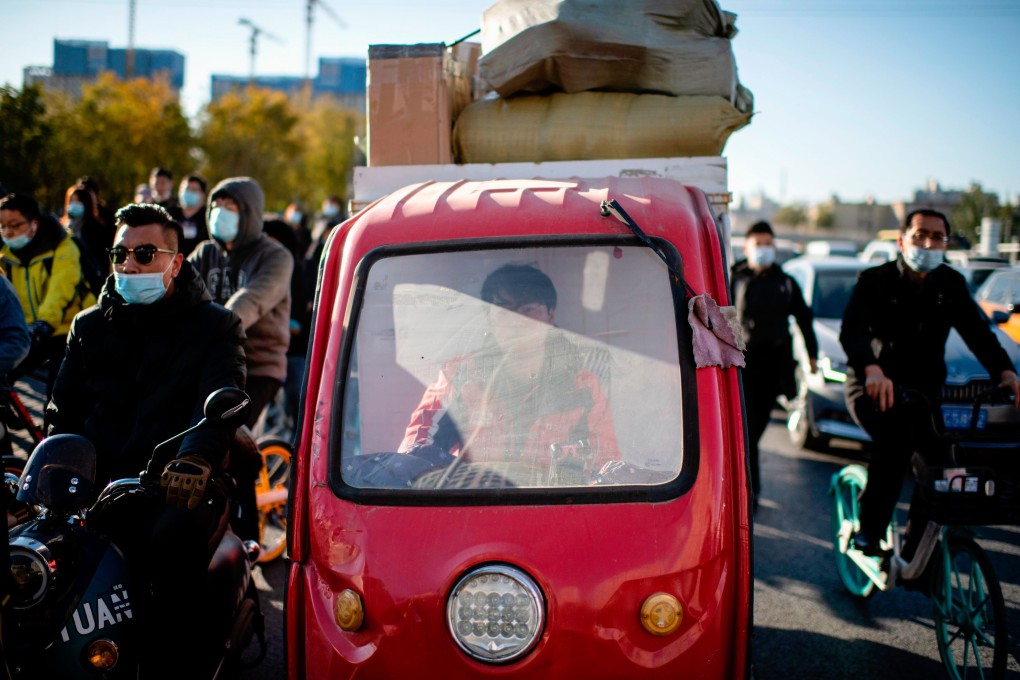China punishes online merchants for fake reviews, inflated sales in latest market crackdown
- In the first half, the SAMR and its branches investigated more than 3,000 cases of fake reviews and inflated sales, imposing fines totalling US$31.8 million
- In recent years, a growing number of Chinese merchants have turned to large international platforms to reach consumers beyond their home market

China’s market watchdog is showing the country’s online businesses just how serious it is about reining in the shady conduct that “destroys market order” with its latest crackdown on market behaviour.
In the first six months of the year, the State Administration for Market Regulation (SAMR), along with its local branches in the country’s cities and provinces, investigated more than 3,000 cases of fake reviews and inflated sales numbers, and imposed fines totalling 206 million yuan (US$31.8 million), according to a statement published on the regulator’s website on Thursday.
“These black and grey area practices have developed to the point where it affects the survival of businesses and damages the legitimate rights and interests of consumers,” the SAMR said. “Review manipulation and boosting fake orders has become a ‘tumour’ in the market and [those responsible] must be punished.”
The latest crackdown comes amid efforts by authorities to use almost every regulatory and legislative tool at their disposal to bring the country’s tech sector to heel after more than a decade of virtually unchecked growth.